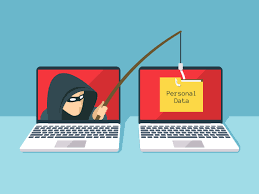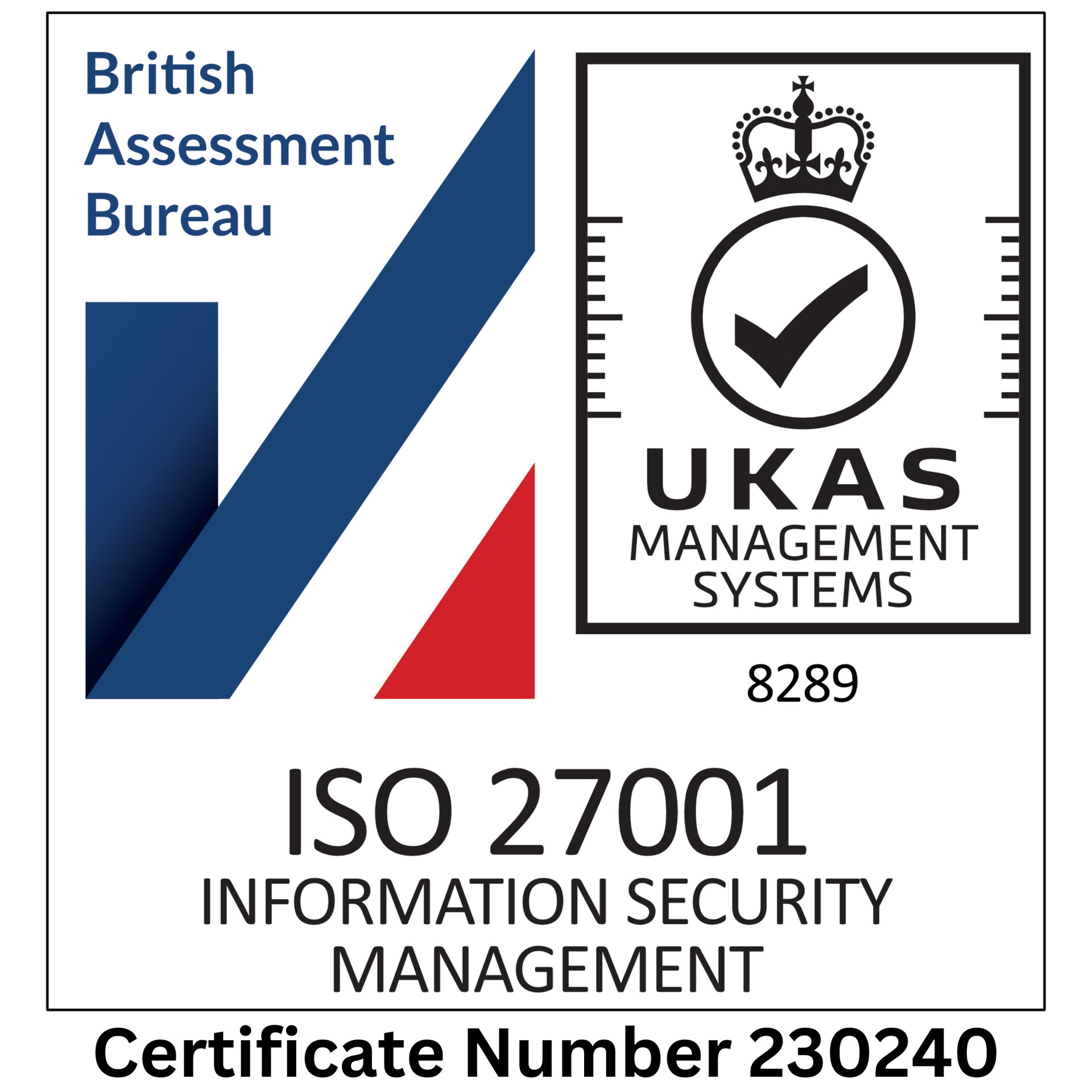5 ways a business is vulnerable
Cyber threats are real. Learn about 5 common types of security risks
that could impact your business and how you can protect yourself.
Let's talk about cyber threats...
Did you know, 46% of firms reported cyber security breaches in 2020? Cyber threats are real and they’re becoming more and more sophisticated. 86% of businesses experienced some form of phishing attack and 19% of businesses had some form of malware infection. All of this represents an average loss of £3,230 from missing data or assets after a breach with all the time taken to resolve these issues.
Our philosophy at
Yoozoom is simple:
Knowledge is power. In this article, you’ll learn about the seven most common forms of cyber attack your business may face and ways to
mitigate your risk.
You may have heard the term ‘malware’ used in the news. Whether it is a recent attack on the NHS or a University computer network, this type of attack is becoming increasingly common. What is malware?
Malware is short for malicious software, and it can include ransomware, spyware, viruses and trojans. Malware is intrusive software designed to damage and destroy computer systems.
How can you protect your business?
Antivirus and firewall technologies are vital in fighting these malicious computer programs. Allowing automatic updates is best as vulnerabilities can be fixed in the background while you and your staff continue to work.
An effective way to combat the threat of malware is to migrate to the cloud. When we migrate customers to the cloud, we’re often asked how the cloud can protect against these types of threats. For one thing, Microsoft Azure Cloud offers real-time protection that helps identify and remove viruses, spyware and other malicious software. Book in a consultation to learn how we can help your business with Azure Clouds real-time protection.
Phishing, not to be confused with pleasant afternoons spent catching trout, is a common way to bring malware into a business. One effective phishing method is to send a targeted email that looks as if it’s come from someone you know. Hidden inside the email will be a link that releases malicious code into your computer network once clicked. This code could take the form of ransomware (read below), viruses or other sinister threats.
One excellent method successfully employed by businesses to protect themselves is backing up their company data. While some businesses back up to an on-site server, this data backup method can be vulnerable to attack. An excellent way of protecting your information is to
back up your data to the cloud.
While discussing phishing attacks, Sarah Lyons from the National Cyber Security Centre (NCSC), says that companies should encourage lines of communication to IT Support staff. Practically, this means encouraging staff to report that they clicked on a phishing link without receiving blame for doing so.
“A clear process for reporting suspected phishing emails internally should be carried over from the office into a remote working setting. Staff should be encouraged to forward anything that doesn’t look right to the Suspicious Email Reporting Service (SERS) via report@phishing.gov.uk
Ransomware, a word that has garnered much public attention in recent years, is a form of attack that can hold your business IT systems hostage. Ransomware is extortion software that can lock your computer and network, with bad actors demanding a ransom be paid for its release.
One of the most significant and most serious ransomware attacks took place in the spring of 2017 and was called WannaCry. In the course of this ransomware attack, approximately 200,000 victims from roughly 150 countries were told to pay a ransom in Bitcoin or their files would be locked and lost.
When it comes to protecting against ransomware, prevention is better than cure. Achieving this requires three things. 1st, keeping a watchful eye on your systems, 2nd, ensuring you are using the right security software and 3rd, ensuring you have the latest security patches across every device.
It can be challenging to detect ransomware on your own, especially since these types of malicious programs can appear dormant awaiting activation from a hacker. This makes it all the more important to get expert advice on dealing with and preparing for all the eventualities you may encounter.
It will come as no surprise that unsecured devices could be carrying any number of computer viruses. If your business allows employees to use their own laptops, mobile phones or tablets, it is crucial you have a ‘BYOD policy’ in place. A ‘Bring Your Own Device’ policy is a set of rules about how employees can use their own devices for work.
Having a solid, actionable BYOD policy reduces the vulnerabilities associated with staff using their own devices, such as data loss. It also sets out what should happen if data security is compromised. It’s all too easy to underestimate the threat of unsecured devices accessing your network. We’ve already seen how phishing, ransomware and viruses can easily make their way into your systems.
What is a computer virus? To put it simply, a computer virus is a small software program that spreads from one computer to another and interferes with the operation of a computer. A virus can corrupt or delete data or even cause damage to hardware.
Viruses are frequently spread through email attachments and instant messaging networks. They can also be disguised as images, greeting cards as well as audio and video files. Taking many forms, there are ‘worms’, ‘trojan horse’, ‘spyware’, ‘adware’, and more.
Viruses and malware are terms often used interchangeably; however, a virus is one of many types of malware and only one aspect of the overall threat landscape. As a result, traditional ‘off the shelf’ antivirus software may not fully protect your business from threats.
Like a real-world virus, computer viruses are something you will want to avoid. Fortunately, there are many services available that will help you combat this threat. We would recommend you get in touch with our IT experts to discuss your businesses security systems.
















